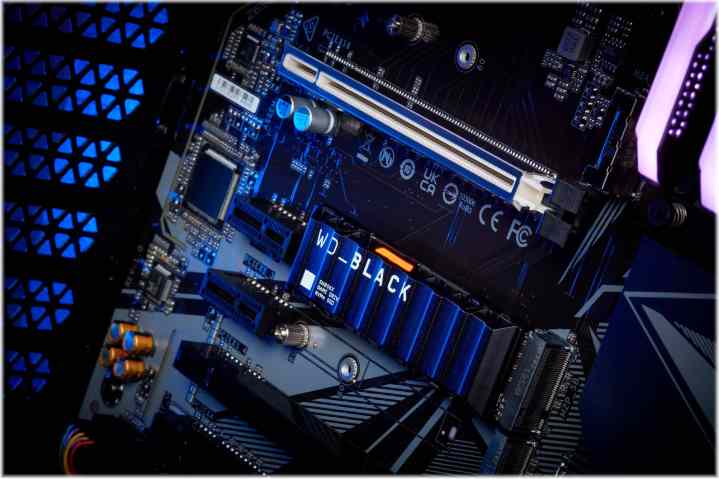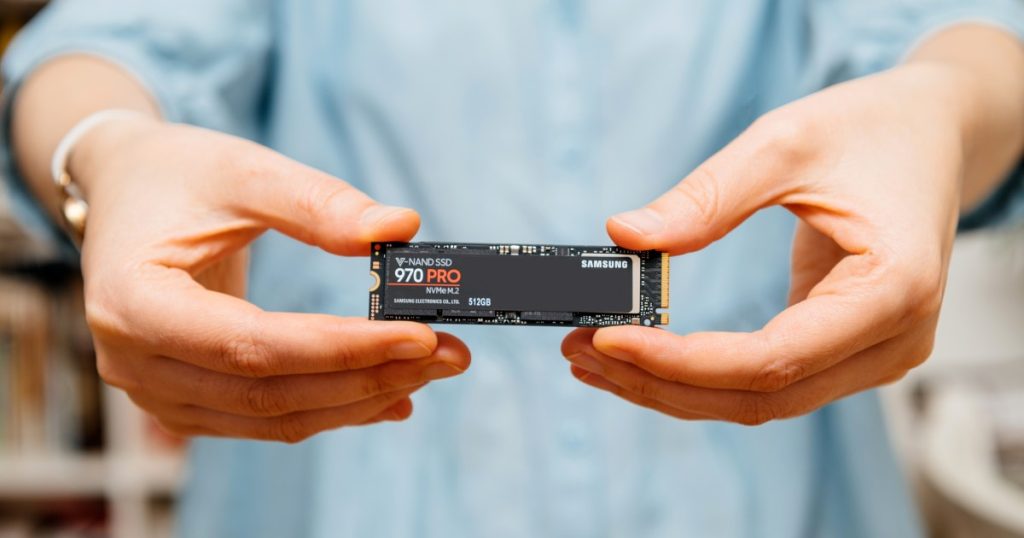NVMe drives are the fastest storage solution available in modern computing. They are not only fast, but also small, slim, require no additional power or data cables, and offer increasing storage sizes at decreasing prices. If your PC or laptop is relatively new, chances are it already has an NVMe drive.
So, what is NVMe? How is it different from SATA or M.2 drives? And just how fast can NVMe go? We’ll delve into these questions and more in this comprehensive guide on NVMe technology.
Understanding NVMe
Non-Volatile Memory Express (NVMe) is a technology that utilizes the PCI Express protocol to access data on non-volatile storage at much higher speeds than previous SATA drives. It takes advantage of PCI Express bandwidth and low latency to deliver superior performance. NVMe drives primarily use the M.2 form factor.

SATA vs. NVMe
NVMe technology surpasses SATA in terms of speed, with PCIe 4 and PCIe 5 NVMe SSDs offering significant performance gains. NVMe drives are essential for faster game load times and are required for games utilizing the DirectStorage API. Additionally, upgrading to a PCIe 4 drive is recommended for PS5 storage expansion.
NVMe drives are compact, easy to install, and more energy-efficient compared to SATA drives. They provide a significant performance boost for modern systems.

Do You Need an NVMe Drive?
While not essential for all users, an NVMe drive is ideal for improving game load times and preparing for DirectStorage gaming. They offer comparable storage capacities and prices to SATA SSDs, making them a viable upgrade option.
Adding a secondary NVMe SSD is a convenient way to expand storage in modern PCs and laptops. Their simple installation and compact size make them a popular choice for users.
NVMe vs. RAM
NVMe drives are not as fast as modern DDR4 and DDR5 memory. However, they contribute to system responsiveness by fetching data faster. While they are not a substitute for fast RAM, they enhance overall performance.
Best NVMe SSDs
The best NVMe SSD varies based on individual needs and budget. Consult our guide for recommendations on the top SSDs currently available.


